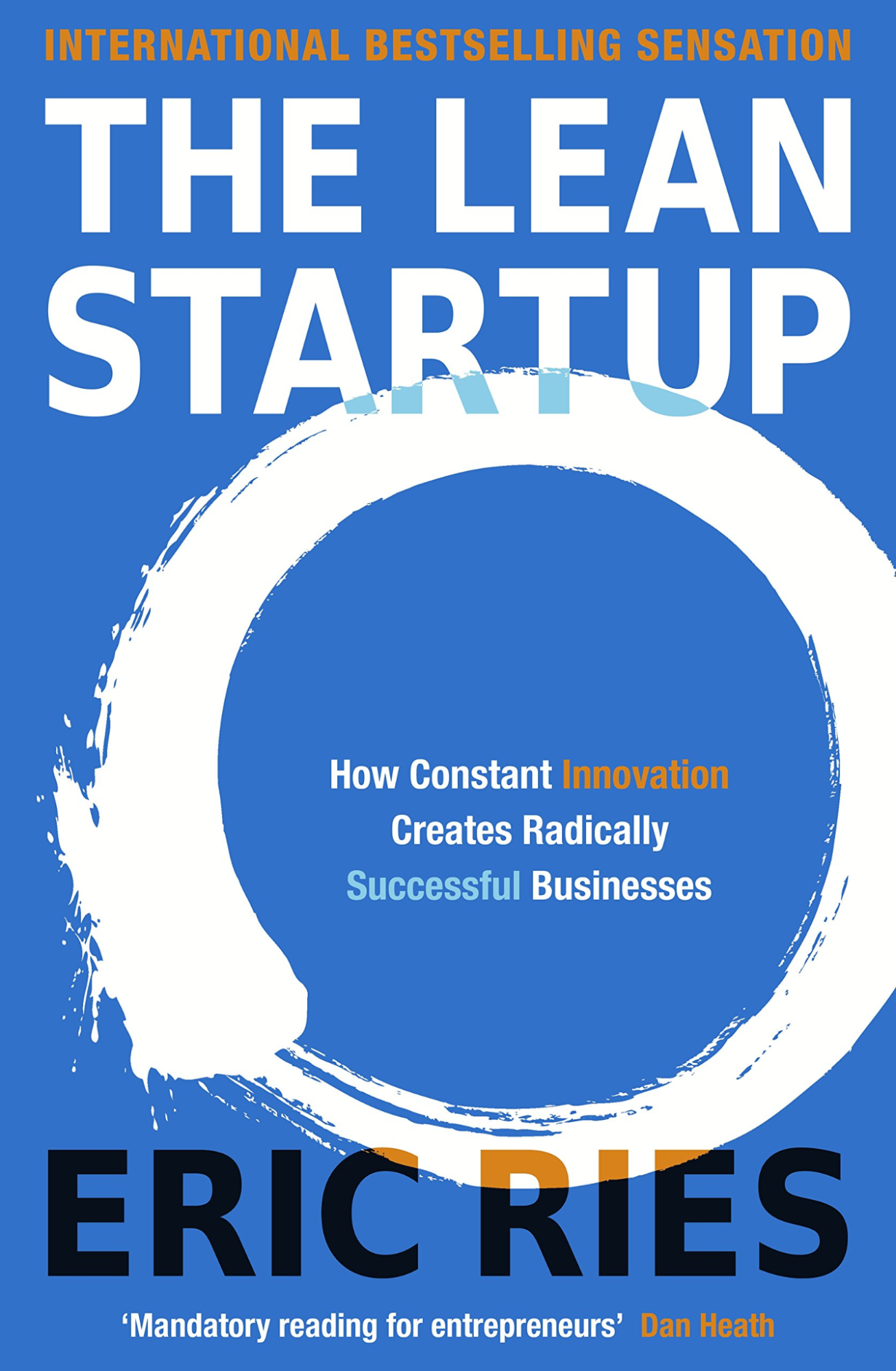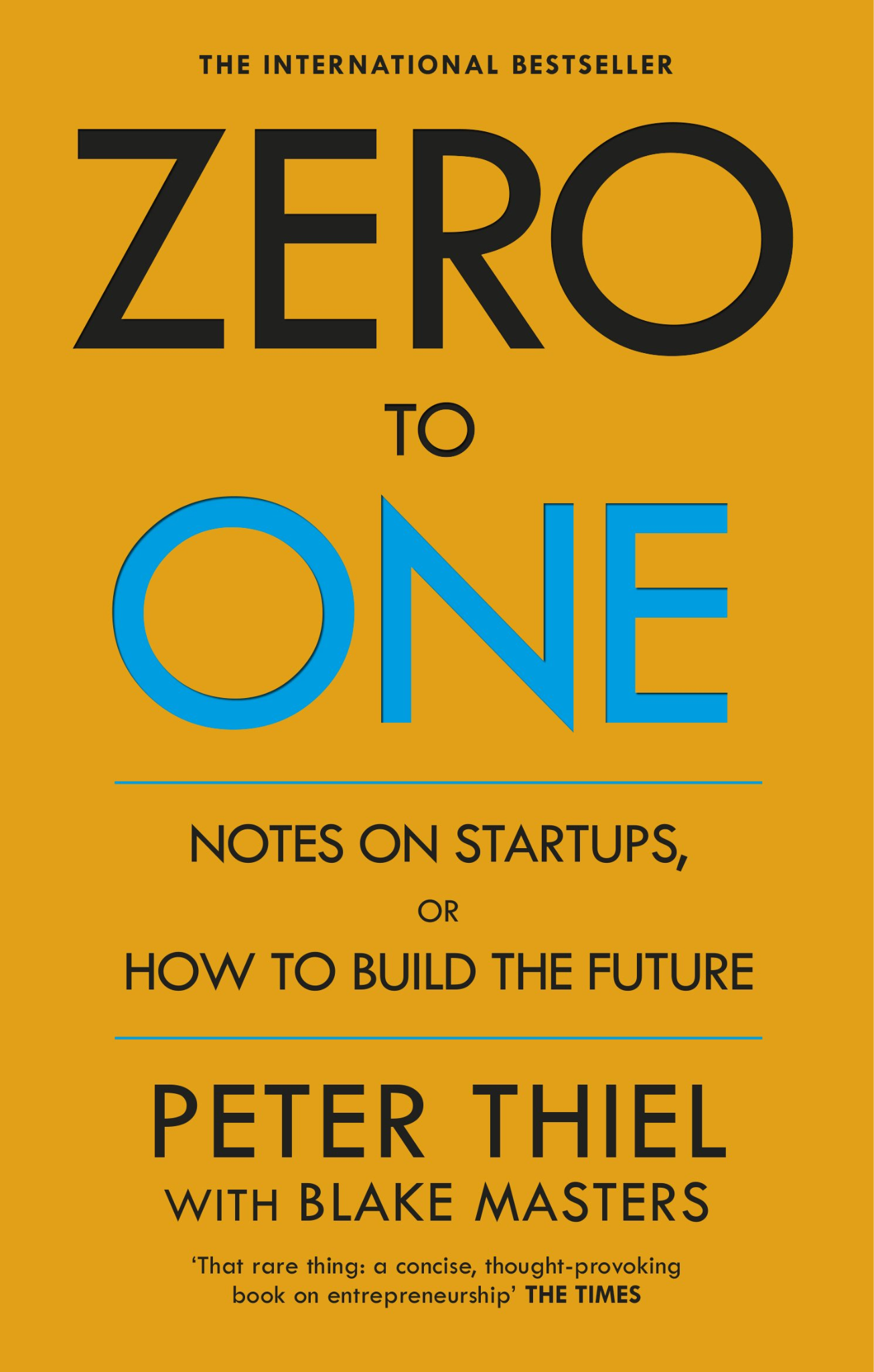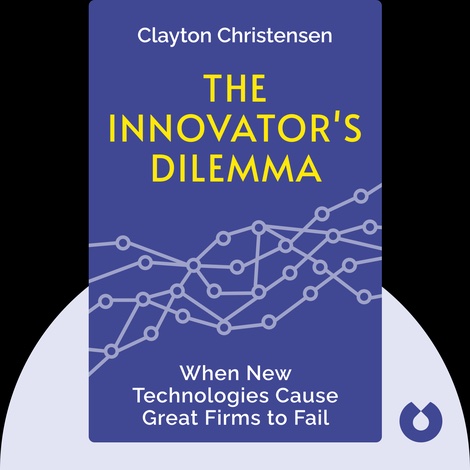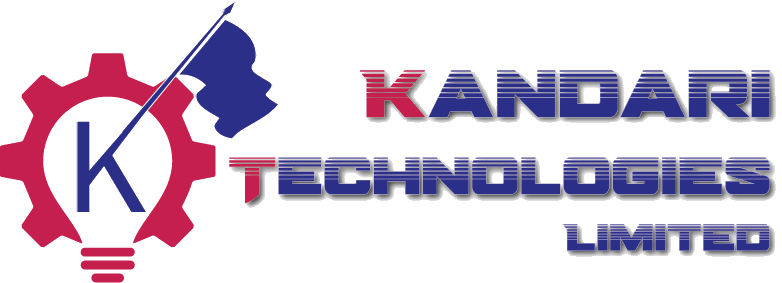Mastering IT Entrepreneurship: Best Practices for Success
Embarking on an entrepreneurial journey in the IT industry requires a combination of innovative thinking, strategic decision-making, and a deep understanding of market dynamics. To help you navigate this exciting and challenging terrain, we have distilled the best practices and key insights from three influential books: "The Lean Startup" by Eric Ries, "Zero to One" by Peter Thiel and Blake Masters, and "The Innovator's Dilemma" by Clayton M. Christensen. In this blog, we will explore the most essential knowledge from these books to guide you towards IT entrepreneurship success.
Embrace the Lean Startup Methodology:

"The Lean Startup" by Eric Ries introduces the Lean Startup methodology, emphasizing continuous innovation, validated learning, and rapid experimentation. Apply these principles to your IT startup journey:
- Build-Measure-Learn: Instead of spending extensive time on product development, focus on creating Minimum Viable Products (MVPs) to test your assumptions and obtain early feedback from customers. This iterative approach allows you to learn from real-world interactions and refine your product or service accordingly.
- Validated Learning: Leverage data and customer feedback to validate or invalidate assumptions about your target market and product features. Adapt your strategy based on insights gained from real-time customer interactions, allowing you to make informed decisions and iterate effectively.
- Pivot and Persevere: Be open to pivoting your product or strategy based on customer insights and market feedback. Pivot when your assumptions are proven incorrect, but also persevere when you have a strong conviction about your vision and long-term goals.
Strive for Unique Value Creation:

"Zero to One" by Peter Thiel and Blake Masters emphasizes the importance of creating unique value in the IT industry. Apply these principles to differentiate your startup:
- Vertical Progress: To build a successful IT business, aim for "vertical progress" by creating something truly new rather than competing in existing markets. Seek to offer a product or service that is significantly better or different from what is currently available.
- Develop Monopoly-like Characteristics: Strive to build a competitive advantage that allows your business to thrive. This could be through proprietary technology, network effects, economies of scale, or unique distribution channels. Aim to create a strong market position that makes it difficult for competitors to replicate or catch up.
- Focus on Distribution: A great product alone is not enough; the ability to distribute and sell it effectively is equally important. Build distribution channels and partnerships that enable you to reach your target audience efficiently and gain a competitive edge.
Embrace Disruptive Innovation:

"The Innovator's Dilemma" by Clayton M. Christensen explores the concept of disruptive innovation and its impact on established companies. Apply these principles to leverage disruptive technologies:
- Recognize Potential Disruptions: Continuously monitor emerging technologies and market trends that have the potential to disrupt your industry. Anticipate the shifts and be prepared to adapt or seize opportunities. Stay curious, attend industry conferences, and engage with experts and thought leaders to stay ahead of the curve.
- Take Calculated Risks: To stay ahead of disruption, be willing to take calculated risks and invest in new technologies and business models. Embrace experimentation and explore new avenues for growth. Foster a culture that encourages innovation and rewards employees for taking risks.
- Balance Existing and New Ventures: Established businesses often face the challenge of managing existing operations while pursuing new ventures. Create separate teams or entities dedicated to exploring and incubating disruptive ideas, ensuring that innovation doesn't get stifled by the demands of the existing business.
By incorporating the best practices and key insights from these influential books, you can enhance your prospects as an IT entrepreneur. Embrace the Lean Startup methodology to iterate, pivot, and learn from customer feedback. Strive for unique value creation, aiming for vertical progress and building competitive advantages. Recognize and leverage disruptive technologies to stay ahead of the curve and seize opportunities for growth. Remember, entrepreneurship is a journey that requires adaptability, persistence, and continuous learning. Combine these valuable principles with your passion, vision, and hard work to pave the way for success in the dynamic world of IT entrepreneurship.




